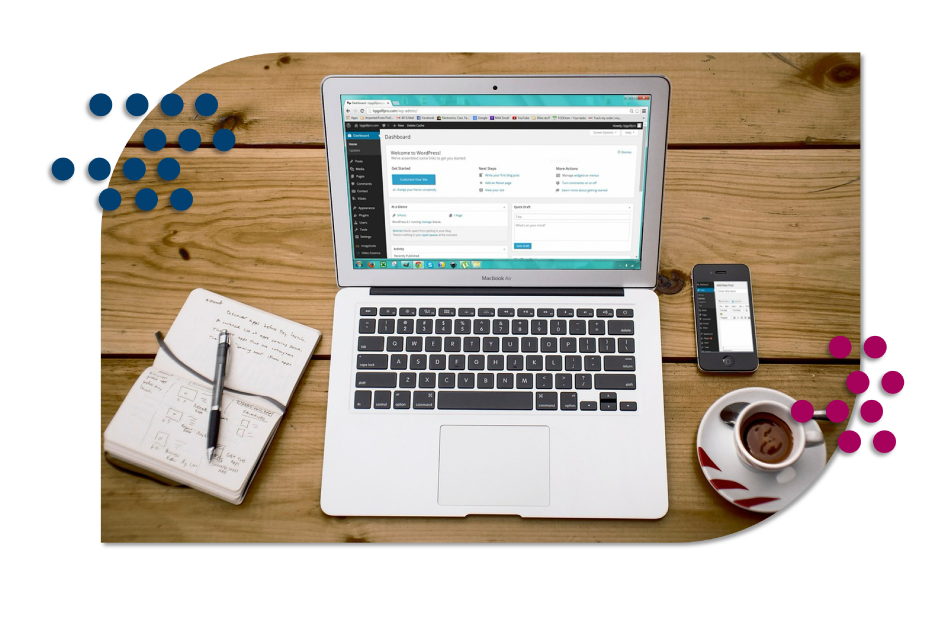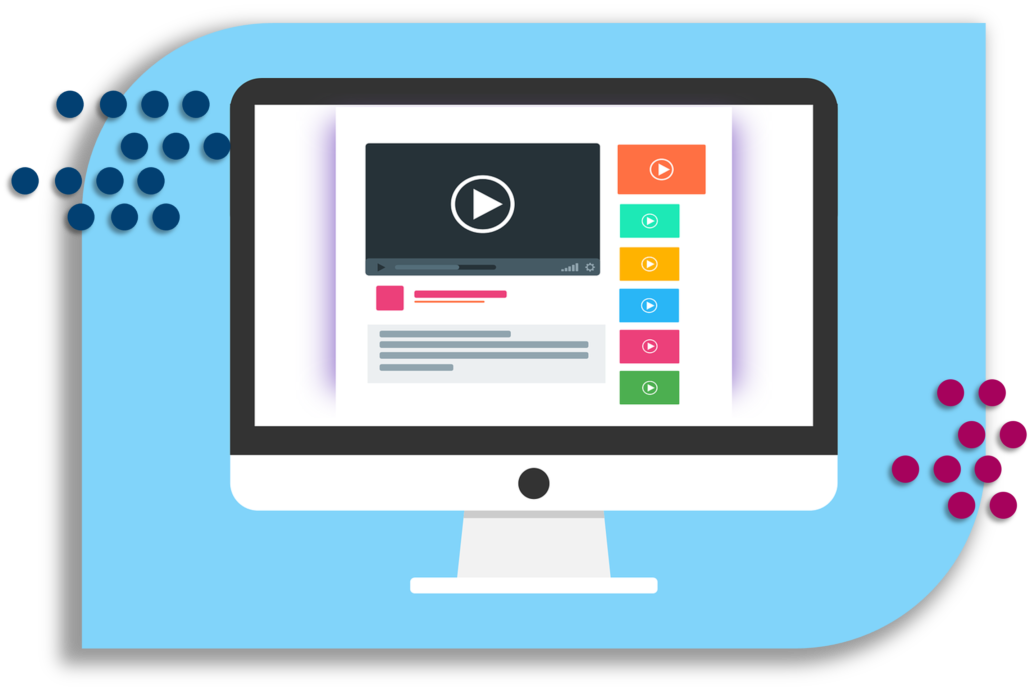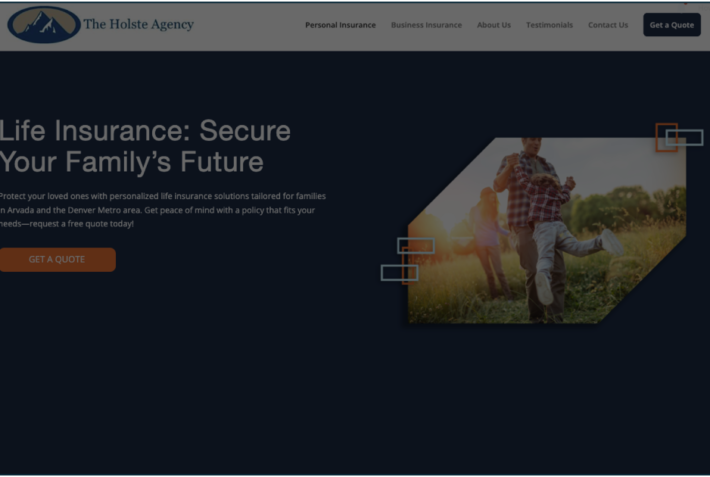Building Your First Insurance Agency Website

Building Your First Website as an Insurance Agency: A Comprehensive Beginner’s Guide
Starting a website for your insurance agency can feel like a big undertaking, especially if you’re new to the process. But don’t worry—this guide will walk you through each step in creating a site that not only looks great but serves your business goals. From defining your purpose to selecting the best platform, hosting, and content strategies, this post has everything you need to confidently launch your agency’s first website.
1. Setting Clear Goals for Your Website
Before diving into design and technical decisions, it’s crucial to establish clear goals for your website. Without defined goals, it’s easy to lose focus or miss out on features that could better serve your agency. Think of your site as a tool for business growth, lead generation, or client support—each of these objectives will shape how you build, organize, and optimize your site.
Why Goals Matter
Sites with clear goals are statistically more successful. According to HubSpot, businesses that set clear objectives for their websites report a 74% higher success rate in achieving them compared to those without a goal-driven approach. Here are some examples of goals for an insurance agency’s website and the features they might inspire:
- Lead Generation: A goal to capture leads could inspire a prominent “Get a Quote” button on the homepage, along with contact forms on each service page.
- Education and Client Support: If your focus is educating clients, a blog or resources section can be valuable. Use articles to explain common insurance questions or provide guides, boosting engagement and positioning you as an expert.
- Client Conversion: If converting visitors into clients is the goal, include calls-to-action (CTAs) like “Speak with an Agent” or “Get a Free Consultation” in visible areas across the site.
Pro Tip: Make these goals measurable by setting up Google Analytics and tracking metrics like visitor count, bounce rate, and conversion rate to see how well your site performs.

2. Selecting a Domain Name
Best Practices
Choosing a domain name that aligns with your agency’s name or services can help clients find you more easily. Some tips include:
- Keep It Simple and Relevant: A name that’s easy to remember and spell improves recall.
- Consider Including Keywords: Words like “insurance” or “coverage” can boost SEO, making it easier for potential clients to find you.
- Avoid Special Characters: Stick to letters and numbers for a cleaner look.
Estimated Costs
A domain typically costs around $10–$20 per year. You can purchase domains from providers like GoDaddy (our preferred provider), Namecheap, or Google Domains where you can also explore different name options.
3. Understanding Hosting
What is Hosting?
Hosting is where your website’s files live and are accessed by visitors. Without hosting, your domain would be like a name without a physical address—people wouldn’t know where to go.
Choosing a Provider
- Reliability and Speed: A host with strong uptime (99.9%) and fast load times is essential. Google notes that sites taking over 3 seconds to load lose about 40% of visitors.
- Beginner-Friendly: New users will benefit from intuitive providers like GoDaddy, Bluehost, or HostGator.
- Price: Basic hosting plans range from $3 to $15 per month, with discounts for annual commitments.

4. Choosing a Website Platform: SEO, Flexibility, and Ease of Use
Each website platform has different strengths for SEO, customization, and ease of use. Here’s a comparison of popular options for your agency’s site:
- WordPress
- Pros: Over 43% of websites worldwide are built on WordPress, making it the most popular option globally (W3Techs). WordPress is highly customizable with numerous SEO plugins (e.g., Yoast, Rank Math) that enhance on-page SEO. Its flexibility allows for deeper control over site speed, keywords, and metadata.
- Cons: Requires some technical setup and maintenance.
- Wix
- Pros: Known for ease of use, Wix allows beginners to build a site quickly with drag-and-drop functionality. Wix includes basic SEO tools and structured data settings that can improve searchability.
- Cons: Limited customization for advanced SEO. Ideal for small sites without extensive SEO requirements.
- Squarespace
- Pros: Offers beautiful templates with built-in SEO basics, including customizable URLs and mobile optimization, which are crucial for SEO ranking (Moz). Squarespace is beginner-friendly and requires minimal technical knowledge.
- Cons: Less control over advanced SEO elements like plugin-based SEO customization.
For agencies focused on SEO and organic traffic, WordPress is often the best choice due to its flexibility and compatibility with SEO tools. However, if simplicity and ease of use are priorities, Wix or Squarespace may be suitable alternatives.
5. Creating Engaging Content
Audience-Centric Content
Content is key to engaging visitors and building trust. For an insurance agency, content should clearly explain your services, address common client questions, and encourage next steps, like scheduling a call or requesting a quote.
Page Suggestions
- Homepage: Summarize your services and display a prominent CTA, like “Get a Free Quote.”
- About Us: Share your agency’s story, values, and experience to build credibility.
- Service Pages: Dedicate a page to each insurance type, using client-friendly language to describe benefits.
- Blog: A blog can be valuable for SEO and engagement. Post articles that answer common insurance questions, provide updates on relevant legislation, or offer financial tips.
External Resources
For inspiration on content topics, check out Content Marketing Institute’s Insurance Marketing Tips or HubSpot’s guide to building a content strategy.
Conclusion
Creating a website for your insurance agency doesn’t have to be intimidating. By setting clear goals, selecting the right platform, and producing engaging content, you’ll be well on your way to establishing a digital presence that serves your business and your clients effectively. With a bit of time and effort, your site can become a powerful asset in growing your agency.



